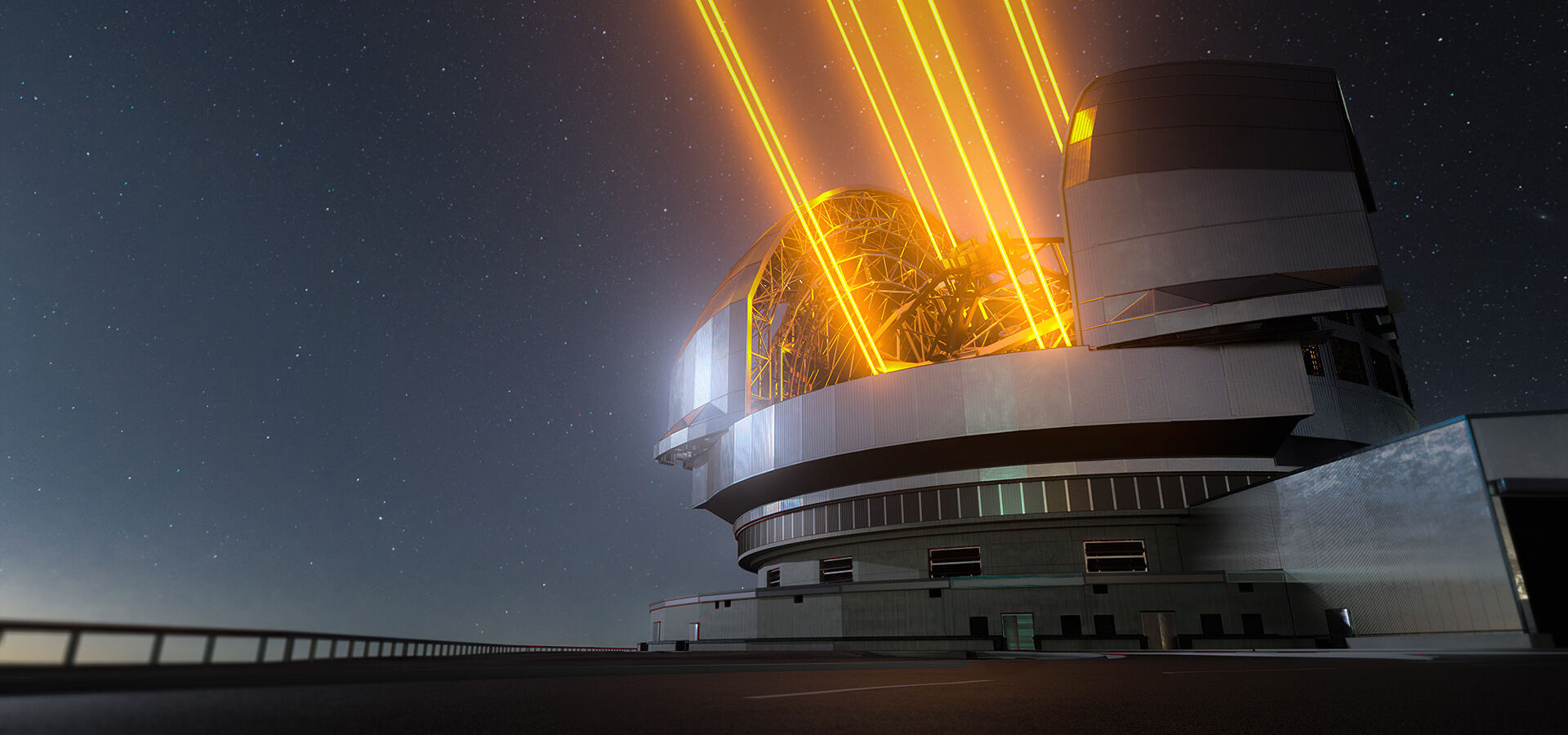
European
Southern
Observatory

As the biggest optical telescope of the next generation, ESO’s Extremely Large Telescope (ELT) will push the boundaries of our knowledge and capabilities. Making this wonder of modern science and engineering a reality has only been made possible thanks to collaboration between different people in an enormous variety of roles.
From scientists and engineers to project managers and technicians, a number of people at ESO work on the ELT. Indeed, the success of the ELT relies on the collective effort of all ESO staff, both in Germany and in Chile.
Among all the ESO staff members involved in the ELT Programme, this organogram shows the key responsibilities of some of the team members.
In addition to staff at ESO, countless contractors work for the ELT in companies across ESO member and host states. Also crucial is the huge contribution from many research institutes and universities working in consortia to build the instruments for the ELT. Without their efforts, the project would not be possible.
The ELT Project Science Team (PST) is an advisory working group that supports the ELT programme during the construction phase. It was established in May 2012 to provide input and advice to ESO and the ELT Programme Scientist. Specifically, the PST helps to:
In January 2012 ESO invited the astronomical community to nominate candidates for the ELT Project Science Team by the end of March 2012, receiving more than 80 strong nominations. The project was very grateful for the overwhelming response and the great interest of the community in helping to steer the project.
PST members are appointed for a renewable term of 3 years. The current team composition is:
| Giuseppe Bono (Chair) | Rome |
| Yann Alibert | Bern |
| Gaël Chauvin | Grenoble |
| Natascha Forster-Schreiber | MPE Garching |
| Tom Herbst | MPIA Heidelberg |
| Isobel Hook | Lancaster |
| Christoph Keller | Leiden |
| Oleg Kochukhov | Uppsala |
| Carlos Martins | CAUP, Porto |
| Norbert Przybilla | Innsbruck |
| Roberto Ragazzoni | Padova Observatory |
| Agustin Sánchez Lavega | Bilbao |
Subsequently, the PST was joined by the following Principal Investigators of approved ELT instrument projects:
| Ric Davies (MICADO PI) | MPE Garching |
| James Dunlop (HARMONI PI) | University of Edinburgh |
| Bernhard Brandl (METIS PI) | Leiden/Delft |
| Paolo Ciliegi (MORFEO PI) | INAF Bologna |
In the future the PST will be joined by the Principal Investigators of further approved ELT instrument projects.
Former PST members include: Jordi Cepa (La Laguna and IAC, Tenerife), Thérèse Encrenaz (Paris Observatory), Roland Gredel (MPIA Heidelberg), Rubina Kotak (Belfast), Ewa Lokas (Warsaw), and Didier Queloz (Cambridge).
The predecessor of the PST was the Science Working Group (SWG), originally formed by ESO in December 2005 as one of five mixed community-ESO working groups (the other four being concerned with Instrumentation Design, Telescope Design, Adaptive Optics Systems and Site Evaluation). The work of these groups was required as crucial input to the Baseline Reference Design. Specifically, they were charged
As a result of this work in April 2006 the SWG produced its first report.
Later, in May 2006, the SWG merged with the OPTICON networking activity to further develop the science case for, and to provide scientific input to, the project. The group remained in place as a sub-committee of the ESO ELT Science and Engineering Working Group, which was itself a sub-committee of the ESO Scientific Technical Committee (STC). The new charge to the SWG was
The list below shows the composition of the SWG at the time it was disbanded in February 2012.
| Jacqueline Bergeron | IAP, Paris |
| Andrea Cimatti | Bologna |
| Fernando Comerón | ESO |
| José Miguel Rodríguez Espinosa | IAC, Tenerife |
| Sofia Feltzing | Lund Observatory |
| Wolfram Freudling | ESO |
| Raffaele Gratton | Padua Observatory |
| Martin Haehnelt | IoA, Cambridge |
| Isobel Hook (Chair) | Oxford |
| Hans-Ulli Kaeufl | ESO |
| Matt Lehnert | Paris Observatory |
| Christophe Lovis | Geneva Observatory |
| Piero Madau | Santa Cruz |
| Mark McCaughrean | Exeter |
| Michael Merrifield | Nottingham |
| Rafael Rebolo | IAC, Tenerife |
| Piero Rosati | ESO |
| Eline Tolstoy | Groningen |
| Hans Zinnecker | AIP, Potsdam |
Previous members: Arne Ardeberg, Willy Benz, Robert Fosbury, Marijn Franx, Vanessa Hill, Bruno Leibundgut, Markus Kissler-Patig, Didier Queloz, Peter Shaver, Stephane Udry.
We use cookies that are essential for accessing our websites and using our services. We also use cookies to analyse, measure and improve our websites’ performance, to enable content sharing via social media and to display media content hosted on third-party platforms.
The European Organisation for Astronomical Research in the Southern Hemisphere (ESO) is the pre-eminent intergovernmental science and technology organisation in astronomy. It carries out an ambitious programme focused on the design, construction and operation of powerful ground-based observing facilities for astronomy.
This Cookies Policy is intended to provide clarity by outlining the cookies used on the ESO public websites, their functions, the options you have for controlling them, and the ways you can contact us for additional details.
Cookies are small pieces of data stored on your device by websites you visit. They serve various purposes, such as remembering login credentials and preferences and enhance your browsing experience.
Essential cookies (always active): These cookies are strictly necessary for the proper functioning of our website. Without these cookies, the website cannot operate correctly, and certain services, such as logging in or accessing secure areas, may not be available; because they are essential for the website’s operation, they cannot be disabled.
Functional Cookies: These cookies enhance your browsing experience by enabling additional features and personalization, such as remembering your preferences and settings. While not strictly necessary for the website to function, they improve usability and convenience; these cookies are only placed if you provide your consent.
Analytics cookies: These cookies collect information about how visitors interact with our website, such as which pages are visited most often and how users navigate the site. This data helps us improve website performance, optimize content, and enhance the user experience; these cookies are only placed if you provide your consent. We use the following analytics cookies.
Matomo Cookies:
This website uses Matomo (formerly Piwik), an open source software which enables the statistical analysis of website visits. Matomo uses cookies (text files) which are saved on your computer and which allow us to analyze how you use our website. The website user information generated by the cookies will only be saved on the servers of our IT Department. We use this information to analyze www.eso.org visits and to prepare reports on website activities. These data will not be disclosed to third parties.
On behalf of ESO, Matomo will use this information for the purpose of evaluating your use of the website, compiling reports on website activity and providing other services relating to website activity and internet usage.
Matomo cookies settings:
Additional Third-party cookies on ESO websites: some of our pages display content from external providers, e.g. YouTube.
Such third-party services are outside of ESO control and may, at any time, change their terms of service, use of cookies, etc.
YouTube: Some videos on the ESO website are embedded from ESO’s official YouTube channel. We have enabled YouTube’s privacy-enhanced mode, meaning that no cookies are set unless the user actively clicks on the video to play it. Additionally, in this mode, YouTube does not store any personally identifiable cookie data for embedded video playbacks. For more details, please refer to YouTube’s embedding videos information page.
Cookies can also be classified based on the following elements.
Regarding the domain, there are:
As for their duration, cookies can be:
Cookie settings: You can modify your cookie choices for the ESO webpages at any time by clicking on the link Cookie settings at the bottom of any page.
In your browser: If you wish to delete cookies or instruct your browser to delete or block cookies by default, please visit the help pages of your browser:
Please be aware that if you delete or decline cookies, certain functionalities of our website may be not be available and your browsing experience may be affected.
You can set most browsers to prevent any cookies being placed on your device, but you may then have to manually adjust some preferences every time you visit a site/page. And some services and functionalities may not work properly at all (e.g. profile logging-in, shop check out).
The ESO Cookies Policy may be subject to future updates, which will be made available on this page.
For any queries related to cookies, please contact: pdprATesoDOTorg.
As ESO public webpages are managed by our Department of Communication, your questions will be dealt with the support of the said Department.